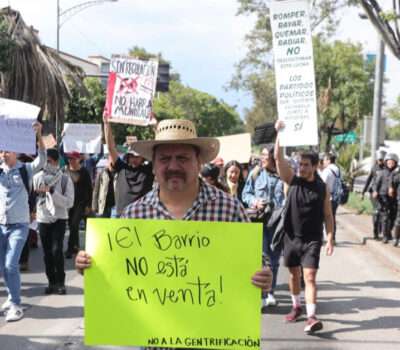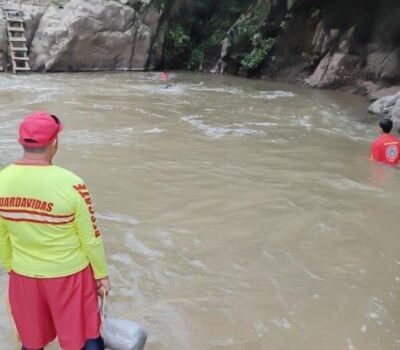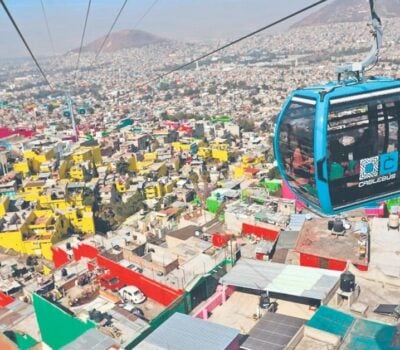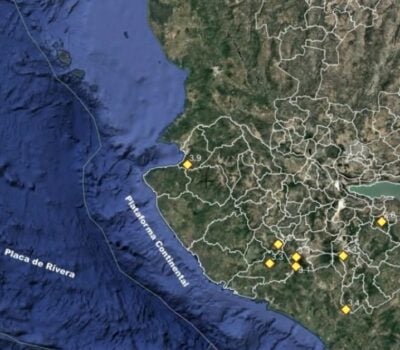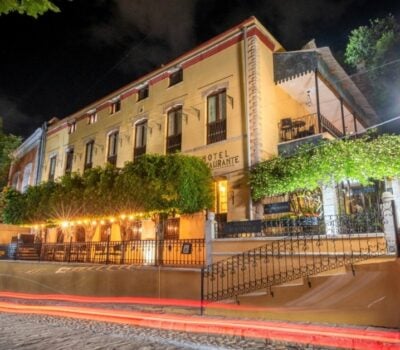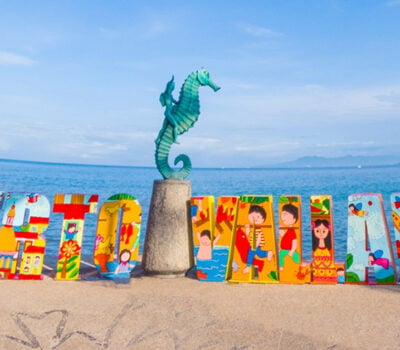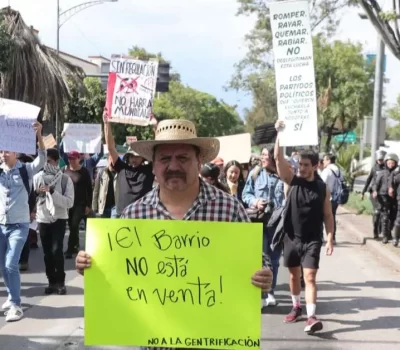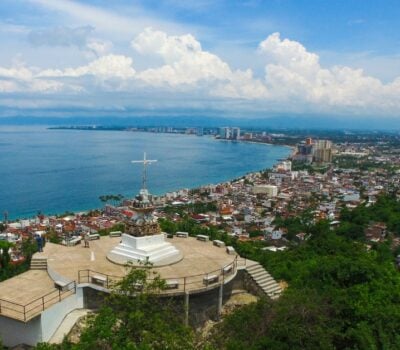Jalisco child labor rose 54% from 2019 to 2022, prompting DIF Jalisco to allocate 3.85 million pesos and launch a unified care and subsidy model to protect vulnerable children.
Child labor in Jalisco climbed by 54 percent between 2019 and 2022, with more than 281,000 children working in conditions deemed harmful under national standards. The latest Encuesta Nacional de Trabajo Infantil (ENTI) from INEGI tracked 181,902 minors in 2019 and 281,129 in 2022, signaling an urgent social challenge for the state government and civil society groups.
DIF Jalisco mobilizes resources and new model
In response, the Sistema para el Desarrollo Integral de la Familia (DIF) Jalisco has set aside 3.85 million pesos to tackle child labor through a Modelo Único de Atención. The program will channel subsidies and specialized services to 19 municipal DIF offices and two civil society organizations, aiming to reduce time children spend working in the streets and steer them toward schooling and vocational support.
Focus on street outreach and family support
Under the new model, DIF Jalisco will deploy outreach teams to identify children working in agricultural fields, informal markets, construction sites, and domestic settings. Maye Villa de Lemus, President of DIF Jalisco, emphasized the need to distinguish between “formative work”—tasks compatible with schooling—and exploitative labor that violates minors’ rights. She noted that extreme poverty drives many families to rely on child contributions just to cover basic expenses.
Subsidies to ease economic pressure
The 3.85 million–peso fund will provide direct financial support to families at greatest risk, coupled with educational stipends and conditional cash transfers. Municipal DIF offices will vet applicants based on income levels, prior school attendance records, and evidence of hazardous work. The goal is to relieve immediate economic burdens that push children into labor while ensuring they return to classrooms.
Collaborating with civil society
Two experienced NGOs will partner with DIF Jalisco to deliver on-the-ground services, including legal aid, psychosocial counseling, and vocational training for older adolescents. This public–private coordination will feed into a Mesa Metropolitana de Trabajo Infantil, a forum that aligns strategies across the Guadalajara metropolitan area. By uniting government and civil actors, the initiative aims for a consistent, state-wide approach.
Challenges and next steps
Despite clear targets, Jalisco lacks a current, comprehensive census of working minors. DIF officials admit that updating data requires significant personnel and resources. Diana Vargas Salomón, Director of DIF Jalisco, said the agency will pilot smaller-scale counts in key municipalities before rolling out a full census.
DIF Jalisco plans quarterly progress reports to track reductions in child labor and improvements in school reenrollment rates. By the end of 2025, authorities aim to cut the number of minors in exploitative work by at least 10 percent.



